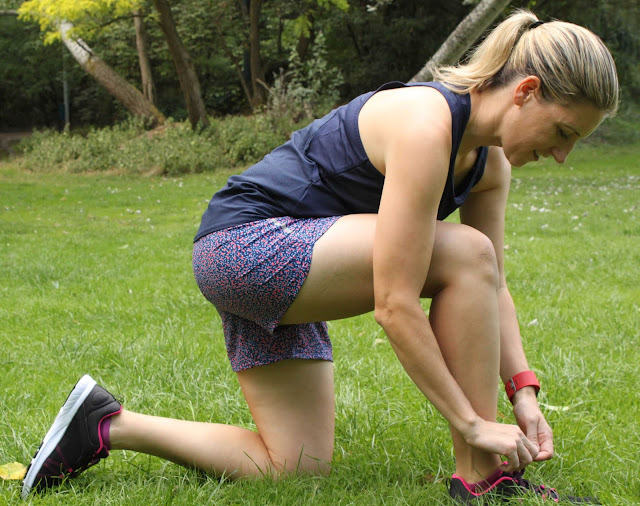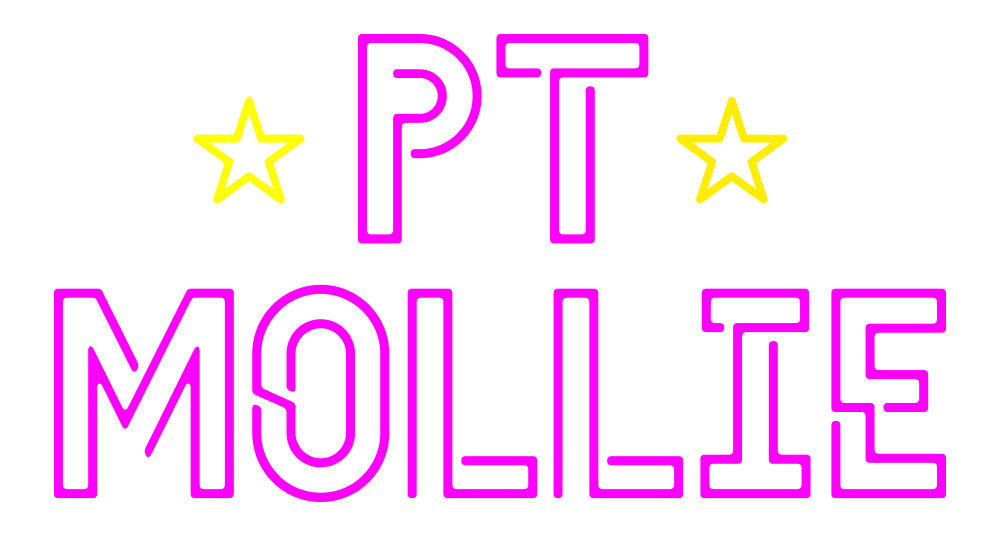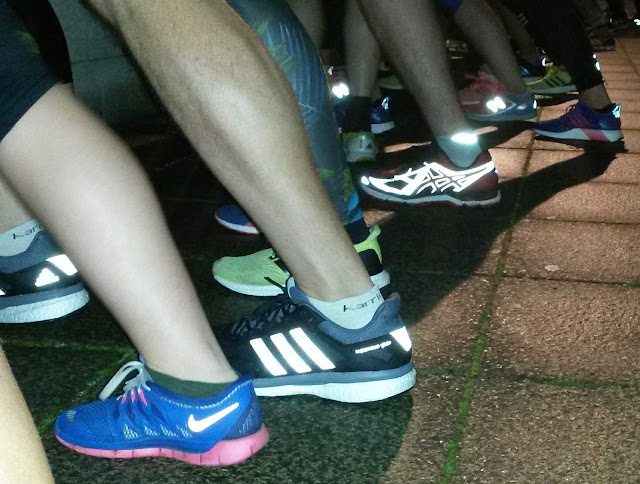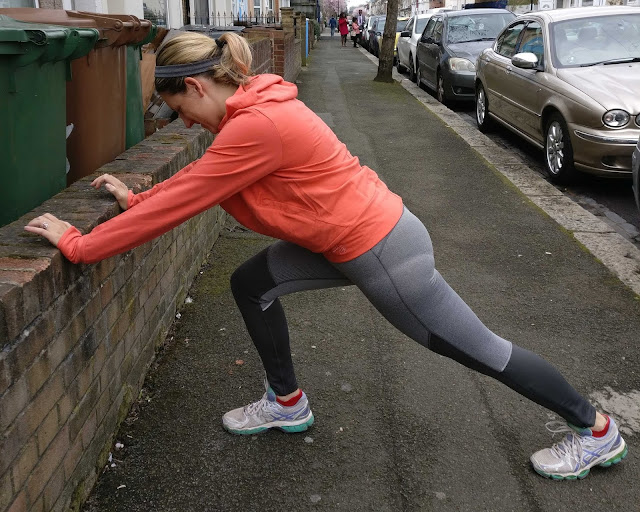Thank you to everyone who responded to my post about being injured and defining myself as a runner. It was a relief to learn that I am not the only one who ponders life choices when injured. I thought I would share a bit more about my journey with my Achilles pain and athleticism with you to understand where I am coming from and my experiences with running so far.
 |
| Photo by Natasha Wynn |
I am not a very religious person, but I always say that God did not intend for me to be athletic. When I was growing up in the USA, every year at school we had to take part in the Presidential Fitness Test. It compared each student’s athletic ability to the nationwide average. I failed it in the 3rdgrade and was subsequently put on a special exercise regime at home. For most of my childhood, I preferred to read books rather than playing outside with my brother but I did cheer leading on the weekends in middle school.
Football (soccer) was big in my hometown and just about everyone played, so I started playing too when I was in middle school.
I was the back-up back-up goalie and developed shin splints in year 8. By year 9, my widening hips caused patella maltracking (my kneecaps would slip out of place) so I had to wear, not one, but two knee braces.
Whether it was the knee braces, genetics, or just how I was, I cut from high school soccer/football team 3 of 4 years because I am slow.
I continued to play football and softball at a recreational level during uni, after uni, and during grad school as a way to meet new people (including my husband).
Since 2005, Achilles tendonopathy has been an issue during and after football. My friend, who was a physiotherapy assistant, taught me how to tape my ankles as a way to manage the condition during games. I also tried ankle braces and switched my cleats for turfs, both of which seemed to help a little bit. The day after a game though, I would wake up and have to hobble around the house due to stiffness in my Achilles. Finally, I gave up football in 2011 when we moved to London because the pain was too much and I thought my ability would be way under par.
In terms of running for running sake, I started running in 2006 as a fundraiser for my local humane society.
Running was something to stay fit with but I never loved it.
The next charity I aligned with was
RODS Racing, which raises money for orphans with Down Syndrome.
After four years fundraising for them by entering various races, it became harder and harder to receive donations as people knew I was a runner.
To up my game, I had to run farther than a 10K.
I never thought I would do a half marathon because of the Achilles pain, and definitely not a full.
But somehow I managed to achieve both.
I adapted my training from most plans by increasing from 12 weeks to 16.
I took it slow to avoid an overuse injury.
I always wore insoles and selected neutral cushioned shoes to support my feet for these longer distances.
 |
| Where I experience pain |
I am proud to say I have ran 10 marathons now, countless halves and 5Ks. Only in the last three years, have I started to train properly with speed work and strength training. I have been to see an osteopath, had sports massages, received acupuncture (even electro-acupuncture), physiotherapy, and pre-habiliation. During this time, I have definitely become faster (with a 5K PB in 2018 and half marathon PB in 2019) and fitter but still have Achilles discomfort on a daily basis. Most recently, I attended a reformer Pilates retreat where I met a hip and knee surgeon. He recommended shock wave therapy as the next treatment to try to improve my running ability and reduce my pain. My long-term goal is to run a Boston Marathon Qualifying time of 3:30 by 2021. My current PB is a 4:29 so I have a lot of work to do.
Over the next three months, I am working with Chris Myers at
Complete Physio with three rounds of shock wave #gifted therapy and three months of physiotherapy.
I will be checking in after the treatment is over, and then at the end of the three months to keep you posted on my progress.
You can follow my story on
www.instagram.com/ptmollie and, of course, here on the blog.
If you have any stories to share about Achilles injures, shock wave therapy, shoes to try, basically ANYTHING, please leave a comment below. I am eager to learn from others on how to overcome this.
Thanks to Complete Physio for the complimentary shock wave therapy. All opinions are honest and my own.



